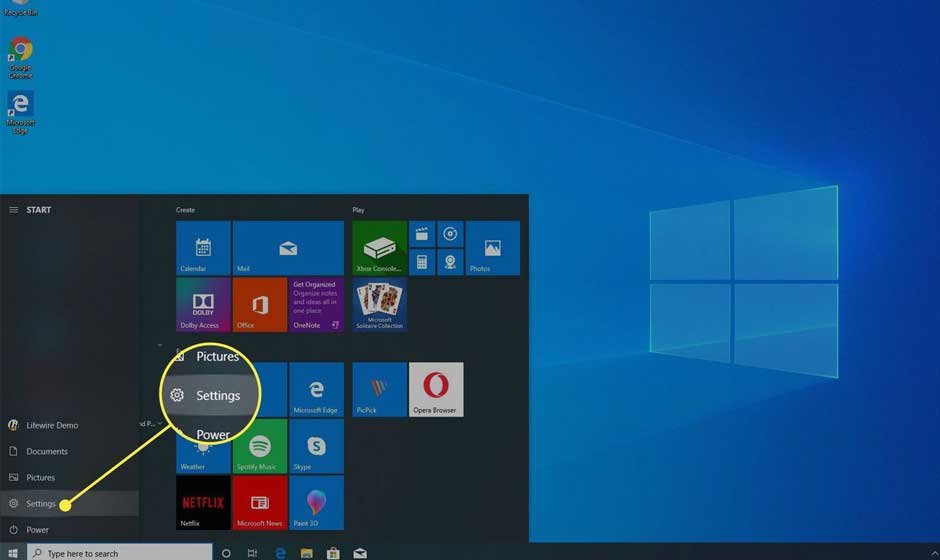Skip to the good bit
ToggleIntroduction
Thinking about uninstalling Windows 10 might seem a bit odd, but there are numerous users who chose to do it for their own reasons. There are individuals who choose to downgrade to the previous version of Windows to have a familiar environment, and others who decide to change their operating system completely.
Different methods of uninstalling Windows 10 safely and effectively will be discussed in this tutorial. As a bonus, we’ll also introduce Master Uninstaller, a handy tool for removing stubborn apps and leftover files to keep your PC clean and optimized after the process.
How to Uninstall Windows 10
Uninstalling Windows 10 can be done in two main ways:
- By rolling back to your previous version of Windows if you upgraded not long ago.
- In case the rollback option is no longer accessible, you will have to install a different operating system over Windows 10 using the installation media.
1. Return to your previous Windows version
Microsoft has created a simple method to reverse the upgrade made from any version prior to Windows 10, e.g., Windows 7 or Windows 8.1. This feature is only activated for ten days from the point of updating and thus enables going back to the former OS without doing a complete reinstall process.
Step 1. Open Settings
Use the keyboard shortcut Windows + I to open the Settings menu. On the Settings panel, go to Update & Security > Recovery. In the Recovery area, find the Go back option.
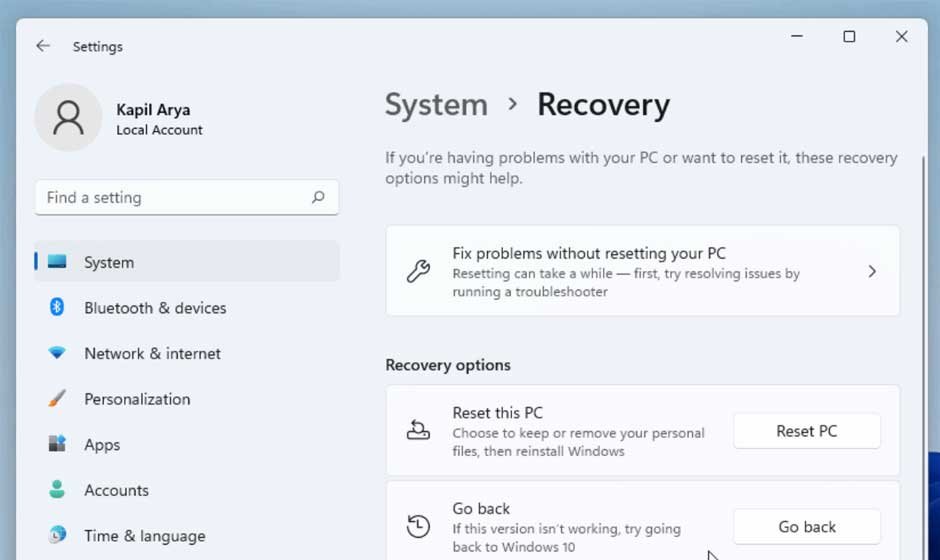
Step 2. Choose a reason for rollback
Upon trying a rollback, Windows will question why. Pick a reason (e.g., apps not working, system performance, or personal preference) and then click Next.
Step 3. Follow on-screen prompts
The rollback process will be explained by the system through the different steps that you will need to follow. Your computer will be shut down and restarted a few times during the process to complete the rollback.
2. Uninstall Windows 10 using advanced startup and installation media
Setting up a different OS through a bootable USB or DVD is another way to remove Windows 10 if the rollback feature is not available.
Step 1. Make sure your files are safe
Save all your important documents, photos, and data to a USB drive or cloud that is not on your local computer. Installing a new OS might turn your system drive into unrecognizable.
Step 2. Create installation media
Download the ISO file of the OS you want from its official website. Then, use a program like Rufus or Microsoft’s Media Creation Tool to make a bootable USB.
Step 3. Get a boot from the medium of installation
On the Settings panel, go to Update & Security > Recovery. Under Advanced Startup, click Restart now. Your PC will reboot into a special recovery menu.
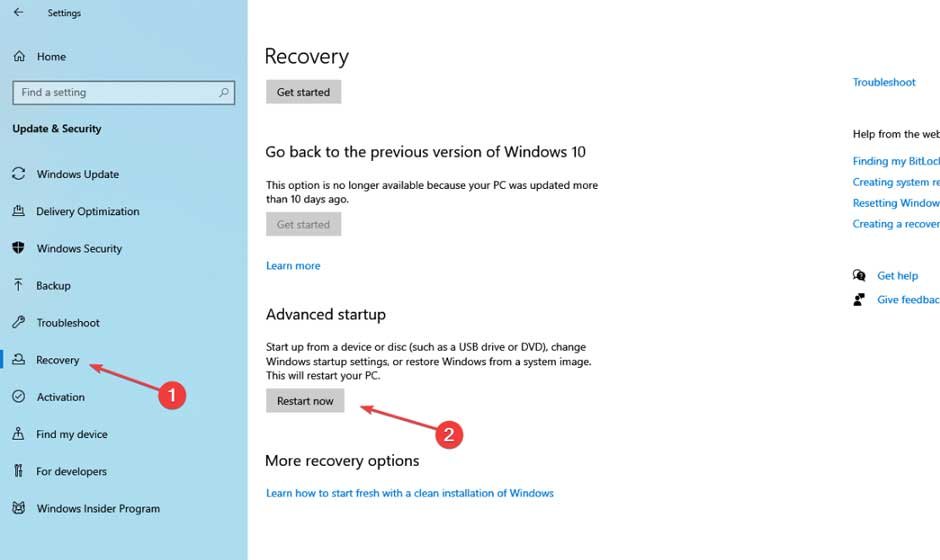
Put the USB or DVD into your computer, restart it, and press the key for entering the BIOS/Boot Menu (F2, F12, Esc, or Del). Change the boot order so that it starts with the USB or DVD.
Step 4: Substitute the new operating system one
Follow step by step with the on-screen directions to set up another operating system while the system is booted from the installation media. Installer will overwrite Windows 10 with the new OS, so choose the Windows 10 partition/division.
Step 5. Set up the computer and recover the data
Adjust your preferences, create a user account, and reestablish the files that you have backed up.
Bonus tip: Use Master Uninstaller to remove stubborn apps and files
Leftover apps, services, and junk files are the silent culprits that can still clog your PC even after you have uninstalled Windows 10 or changed your operating system. Master Uninstaller is the perfect Windows 10 uninstaller solution for this problem. It makes the process of software uninstallation as simple, complete, and stress-free as you like.
Key Features
- 1-click uninstall: Get rid of unwanted programs and pre-installed apps in no time.
- Smart uninstall & control: Access the total installed software on your device and even turn off the Windows services that are not needed.
- Comprehensive residual cleaning: Removes leftovers in files, folders, and the registry totally.
- Efficient space optimizer: Identifies large files and seldom-used apps to release valuable storage space.
How to use Master Uninstaller (step by step):
Step 1. Get and install Master Uninstaller
Download a recent version from the official IPCMaster website (only 8 MB) and install it on your Windows 10/11 PC.
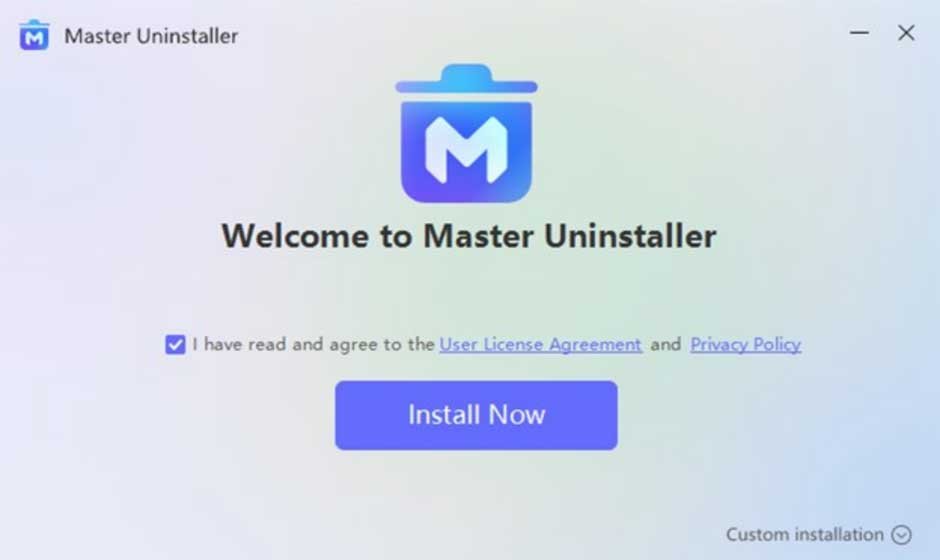
Step 2. Find the app that you want to delete
Open Master Uninstaller, click on the All Programs tab, look through the list, and pick up the software you want to uninstall.
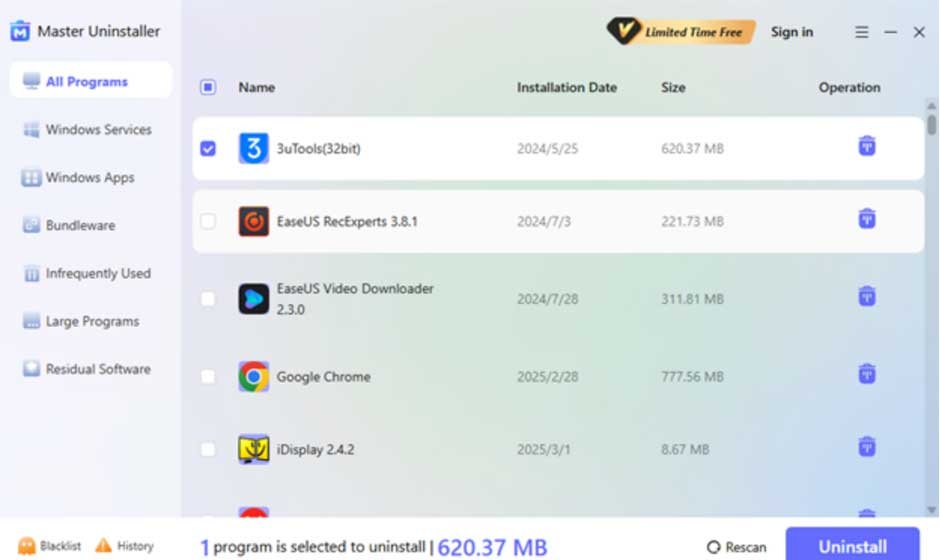
Step 3. Install, Uninstall, and Remove left files
Click Uninstall, and Master Uninstaller will free your device by deleting the program and automatically cleaning leftover files, folders, and registry entries.
Conclusion
It might be a daunting task to uninstall Windows 10 from your PC. If you have done an upgrade recently, then the inbuilt rollback feature is your best bet in going back to the previous version. Those who are looking for a new start can simply go ahead and use the installation media as a trustworthy way to change their operating system.
To make the whole process more efficient, you shouldn’t forget the cleanup step. Master Uninstaller is a perfect tool for getting rid of the most stubborn apps, the software that comes pre-installed, and the tiny fragments that Windows leaves without your knowledge. With its one-click uninstall and deep-clean features, your system will not only remain optimized and free from clutter, but it will also be the perfect place for a new beginning.

